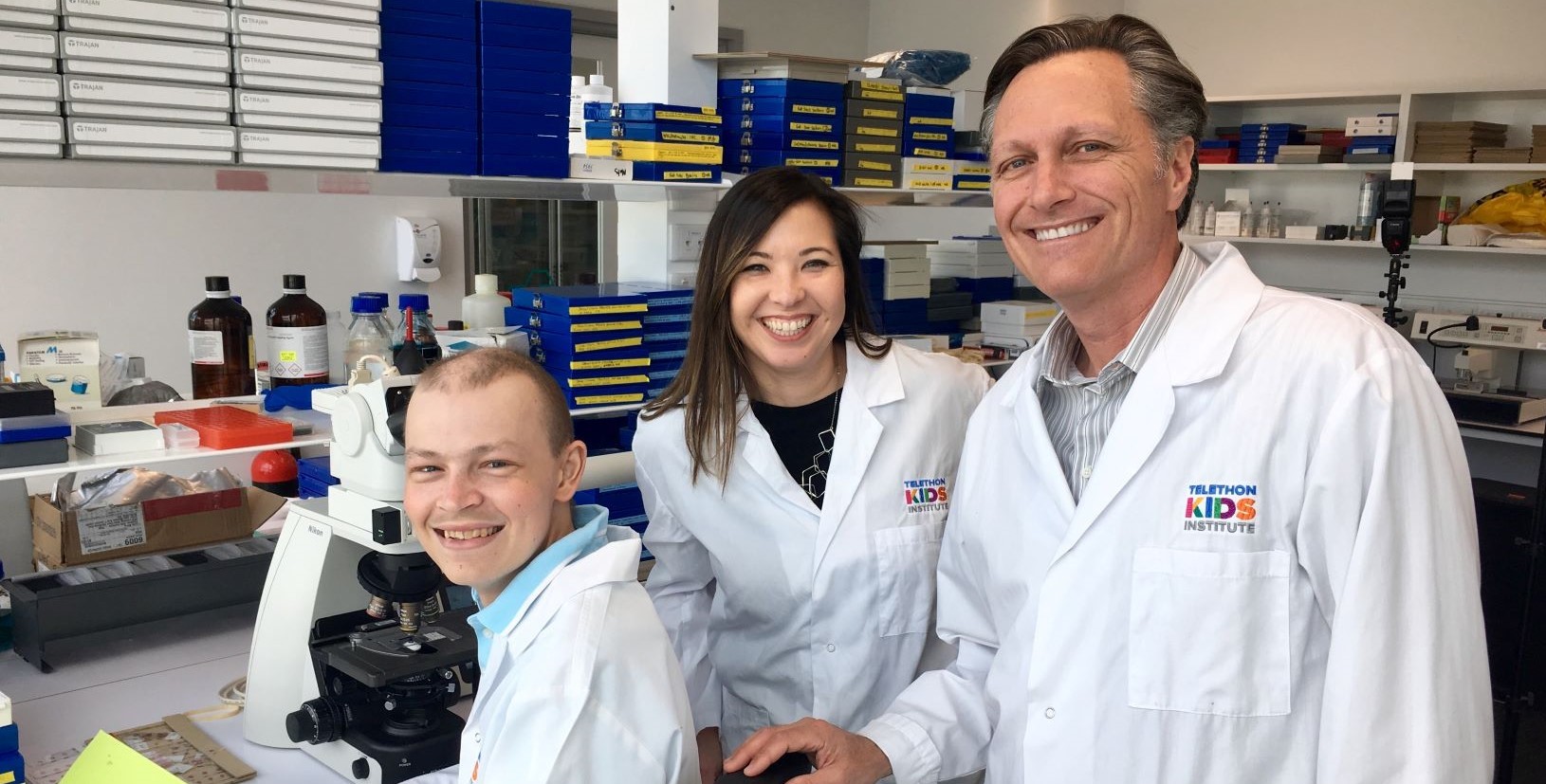Search
Research
Pregnancy with multiple high-risk factors: a systematic review and meta-analysisA wide spectrum of high-risk factors in pregnancy can lead to adverse pregnancy outcomes or short- or long-term health effects. Despite this, there has been no synthesis of findings on the measurement, potential causes, and health outcomes of multiple high-risk factors in pregnancy. We aimed to address this gap by summarising the existing research on this topic.
Research
Normative values for lung, bronchial sizes, and bronchus-artery ratios in chest CT scans: from infancy into young adulthoodTo estimate the developmental trends of quantitative parameters obtained from chest computed tomography (CT) and to provide normative values on dimensions of bronchi and arteries, as well as bronchus-artery (BA) ratios from preschool age to young adulthood.
Research
School AttendanceEach day of school missed makes a difference, with the effect on learning accumulating over time. From an early age, if children are taught that they need to 'show up' for school and make a commitment, this positive mentality aids academic and career success and brings benefits in adulthood.

An international clinical trial led by The Kids Research Institute Australia Cancer Centre is trialling a drug which could increase cure rates for aggressive forms of childhood brain cancer.

The ORIGINS Project, a collaboration between The Kids and Joondalup Health Campus, is collecting data and biological samples from 10,000 families over 10 years. Its work is also giving participating families a valuable heads up on health issues.
Research
Resilience and mental health among care leavers: Role of social inclusion, self-determination, and independent living skillsYoung people transitioning from out-of-home care (OHC) frequently experience poor mental health and resilience due to adverse childhood experiences (ACEs). However, there is limited understanding of the factors that mediate and moderate these outcomes. This is the first study to integrate linked administrative and longitudinal data to examine the mediation and moderation effects of placement stability, independent living skills (ILS), social inclusion, and self-determination when examining the association between ACEs and care status on mental health and resilience.
Research
Vitamin D and SunlightIn a sunny country such as Australia, it’s important to identify how to achieve the right amount of sun exposure for good health. We need to be able to harness the benefits of vitamin D and sunlight while remaining protected from the proven dangers of too much UV radiation.
Research
Heterogeneity and distribution characteristics of tertiary lymphoid structures predict prognostic outcome in esophageal squamous cell carcinomaTertiary Lymphoid Structures (TLSs) are ectopic lymphoid aggregates that form within the tumor microenvironment (TME) and are increasingly recognized as potential prognostic biomarkers in various cancers. However, the spatial heterogeneity and prognostic value of TLSs in esophageal squamous cell carcinoma (ESCC) remain poorly defined. This study aimed to characterize the spatial distribution patterns of TLSs and tumor-infiltrating lymphocytes (TILs), and to establish a refined prognostic model for ESCC patients in both surgery-only and neoadjuvant therapy cohorts.

Research that maps and tracks.
Research
Climate change policies fail to protect child healthNational policies are essential for countries to adapt to the negative health impacts of climate change. Children are disproportionately affected by these impacts and must be at the heart of adaptation policies to address their vulnerabilities. Adaptation commitments worldwide are integrated into national adaptation plans, nationally determined contributions, national communications, and other multisectoral policies. We aimed to evaluate how effectively national climate change policies worldwide plan to protect child health, considering a range of determinants for successful child-health adaptation.
